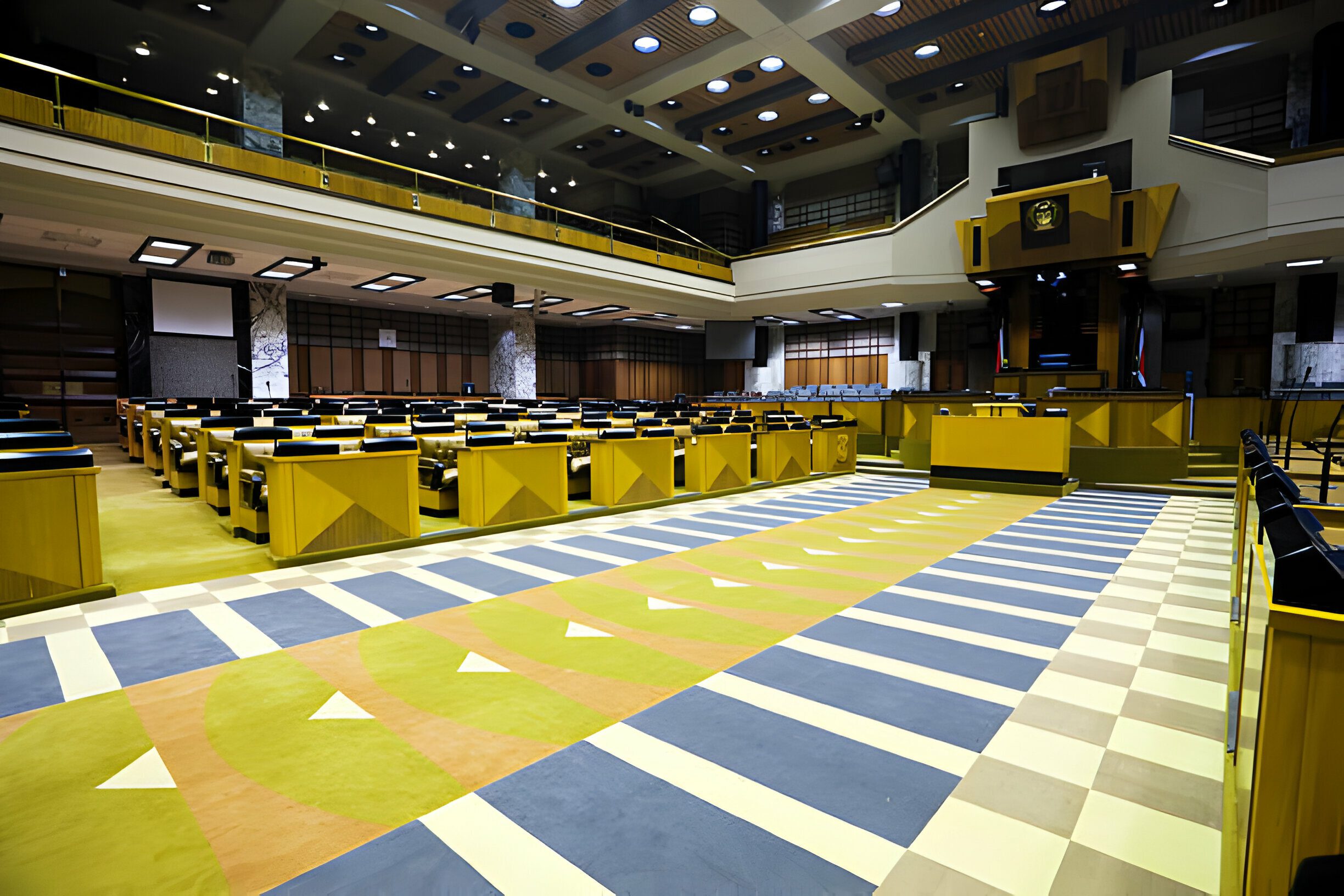The Basic Education Laws Amendment (Bela) Bill has been a topic of considerable discussion among the South African public, including parents and members of school governing bodies. This legislation proposes significant changes to the nation’s education laws, sparking debates and eliciting a variety of reactions.
Key Amendments Proposed by the Bill
Among the noteworthy amendments proposed are:
- Introduction of Mandatory Grade R: The bill aims to make Grade R a compulsory stage of education, extending its reach to 7,888 schools across the country.
- Criminalization of Parental Negligence: Should parents fail to ensure their children’s regular school attendance, they could face imprisonment. Additionally, those found disrupting school activities may be subjected to up to 12 months in prison.
- Regulation of Home Education: The legislation proposes pre-registration site visits for home education and empowers the Minister of Basic Education to regulate this mode of schooling.
- Language Policy Oversight: It mandates that school governing bodies submit their language policies for approval, ensuring they meet the linguistic needs of the community.
- Alcohol Sale at School Events: The bill allows for the possession, consumption, or sale of alcohol at private or religious events held on school premises, aimed primarily at adult attendees during school fundraising activities.
- Accommodation of Religious Practices: Amendments call for school codes of conduct to respect cultural and religious beliefs, providing for exemptions upon request.
- Reiteration of Corporal Punishment Ban: The bill reinforces the ban on corporal punishment in schools, imposing penalties on those who violate this rule.
Public Reaction and Concerns to the Bela Bill
A survey conducted to gauge public opinion on the bill revealed a mix of criticism and concern.
One area of contention is the proposed regulation allowing the sale of alcohol on school premises, which many respondents criticized. Another significant debate revolves around the compulsory introduction of Grade R, with some arguing that not all children are emotionally or mentally prepared for this stage at such an early age. Critics suggest that this could lead to long-term issues of inadequacy and set children back in later grades.
“Some kids are not ready for Grade R. Especially if they are not emotionally ready for school at that age it will set them back at a later grade and cause mental issues of inadequacy,” expressed one survey participant.
Furthermore, there is a sentiment among some respondents that decisions such as these should be left to school governing bodies rather than the Department of Education, to avoid politicization and to maintain parental influence in educational matters.
The home schooling amendment also raised concerns:
“As for requiring registration for home schoolers, it will simply complicate matters. People choose home schooling for a myriad of reasons, and it should not be a complicated matter,” commented another participant.
Advocacy Group Input
In a recent development, Section27, a prominent advocacy group, released a statement addressing the bill.
“Section27 has commented on the newest changes to the 2023 Bela Bill, and, in particular, welcomes the definition of corporal punishment now included therein, and the penalisation of those educators found guilty of committing this offence,” announced Section27.
The organization praised the bill’s approach to involving Heads of the Departments of Education at the provincial level in reviewing policies, such as admission policies, to prevent potentially discriminatory practices. Section27 also supports the extension of compulsory schooling to include Grade R, citing the numerous benefits of early education.
However, Section27 expressed concerns over the bill’s relaxed stance on alcohol consumption on school premises, pointing out the absence of a clear prohibition.
Moving Forward
As South Africa grapples with these proposed changes, the dialogue between stakeholders—ranging from educators and parents to advocacy groups—highlights the complex nature of educational reform. The balancing act between enhancing educational standards, respecting community values, and ensuring the well-being of children remains at the forefront of the national conversation.

















